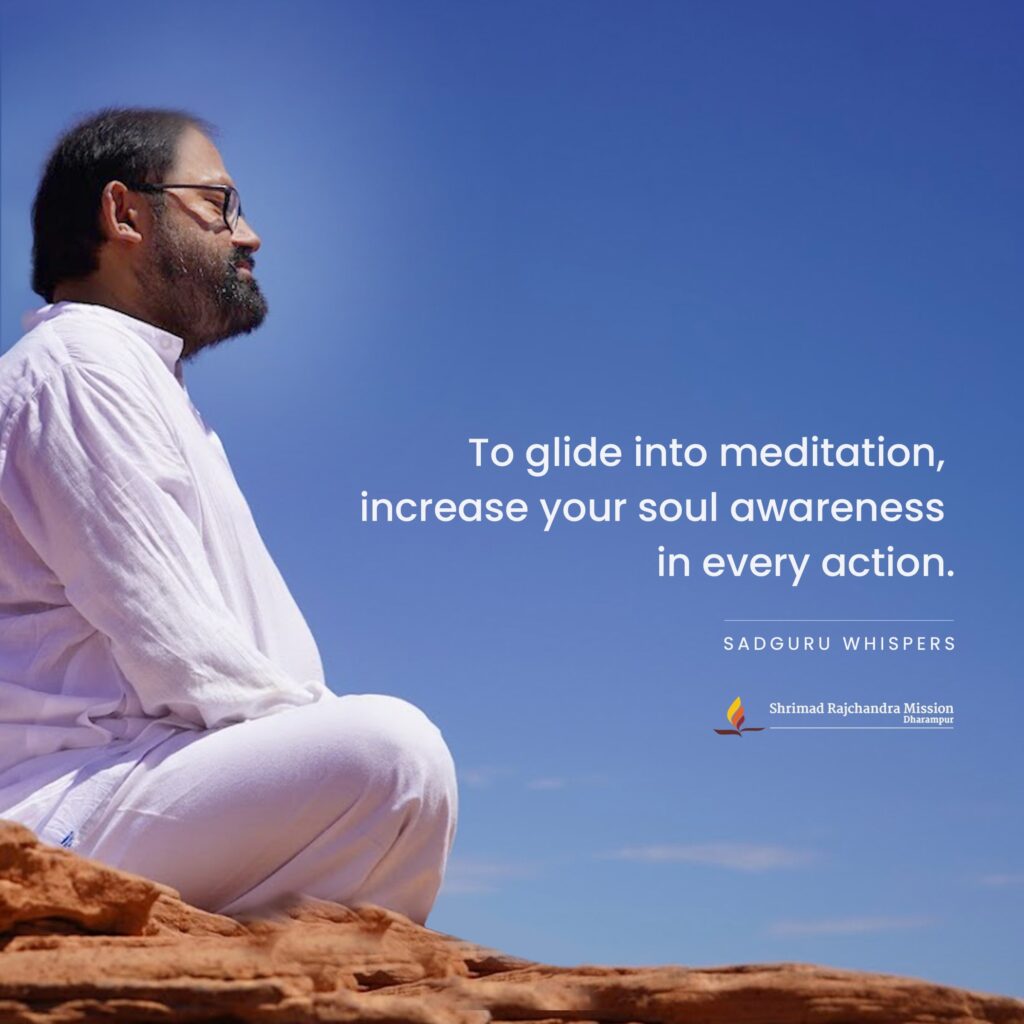INTRODUCTION
In our bustling world, it’s essential to find moments of calm, reduce stress, and nurture our mental and emotional well-being.
Mindful meditation offers a beautiful pathway to achieving just that.
In this article, we will take you through mindful meditation, revealing its numerous benefits, techniques, and tips to help you attain a serene mind and a harmonious life.
The Essence of Mindful Meditation
Mindful meditation, often known as mindfulness, is a practise deeply rooted in centuries of wisdom from Buddhist traditions.
It revolves around consciously paying attention to the present moment without passing judgment.
The primary goal is to fully acknowledge your thoughts, emotions, and sensations, enabling you to observe them with kindness and without criticism.

BENEFITS OF MINDFUL MEDITATION

Mindful Meditation
Mindful meditation brings forth a myriad of physical, mental, and emotional benefits.
Here are some of the remarkable advantages of weaving mindfulness into your daily life:
1. Stress Relief
Mindful meditation is renowned for its remarkable ability to alleviate stress.
By focusing on the here and now, you can leave behind past worries and future concerns, inviting relaxation and serenity into your life.
2. Enhanced Mental Clarity
Mindfulness enhances mental sharpness and clarity.
It aids in understanding your thought processes and making more rational decisions.
3. Emotional Well-being
Mindful meditation is a powerful tool for emotional management.
It empowers you to process and comprehend your emotions, leading to enhanced emotional well-being and more fulfilling relationships.
4. Improved Physical Health
The practice has been associated with better physical health, including lower blood pressure, improved sleep, and a bolstered immune system.
How to Practise Mindful Meditation
Now that you’re aware of the myriad benefits of mindful meditation, let’s explore how to embark on this journey.
Follow these steps to get started:
1. Find a Tranquil Space
Choose a peaceful, comfortable location where you can be undisturbed.
You can sit on a chair, cushion, or even lie down, depending on your preference.
2. Set a Realistic Time Limit
Start with a manageable duration, such as 5–10 minutes, and gradually extend it as you gain experience.
3. Centre on Your Breath
Close your eyes and take slow, deep breaths. Pay careful attention to the feeling of your breath as it flows in and out of your body.
4. Observe Your Thoughts
While you breathe, thoughts may emerge. Instead of getting entangled in them, observe them without judgement and allow them to drift away like clouds in the sky.
5. Gently Return Your Focus
When your mind inevitably wanders, which is perfectly natural, gently guide your attention back to your breath.
6. Consistency is Key
Regular practice is essential. Aim to meditate daily, gradually increasing the duration of your sessions.

TIPS FOR MINDFULL MEDITATION
Successful Meditation Practice
Reaching a state of mindfulness can be challenging, especially in the beginning.
Here are some suggestions to optimise your meditation practice:
1. Be Patient
Keep in mind that mindfulness is a skill that develops over time. Be patient with yourself and steer clear of self-criticism.
2. Use Guided Meditations
Numerous apps and websites offer guided meditations that can assist you in staying on track and deepening your practice.
3. Stay Open-Minded
Approach mindfulness with an open heart and be willing to explore different techniques and approaches.
4. Integrate Mindfulness into Daily Life
Extend mindfulness beyond your meditation sessions. Strive to be fully engaged and present in your everyday activities.
The Power of Mindful Meditation in Daily Life
Mindful meditation is not just a practice; it’s a way of life.
As you continue your meditation journey, you’ll discover its positive influence on various aspects of your daily life.
1. Enhanced Concentration
Mindfulness improves your capacity to concentrate, making you more productive and efficient in your tasks.
2. Enriched Relationships
By learning to be present and fully attentive, you can enhance your relationships and communication with others.
3. Emotional Resilience
Mindfulness equips you with the tools to cope with life’s challenges and setbacks, cultivating emotional resilience.
4. Stress Management
With regular practise, you’ll find it easier to manage stress and maintain a sense of calm in demanding situations.
Exploring Mindful Meditation Further
Mindful meditation is a profound practise that can transform your life.
It’s a voyage of uncovering one’s true self, enhancing personal growth, and embracing oneself.
As you continue your exploration of mindfulness, consider reading books and articles, attending workshops, or even seeking guidance from experienced practitioners.
The possibilities for growth and self-improvement are endless when you embrace the power of mindfulness.
Conclusion
In a world brimming with hustle and bustle, mindful meditation offers a path to inner peace, emotional well-being, and a harmonious life.
By embracing this timeless practice, you can reduce stress, enhance mental clarity, and foster a more balanced existence.
Remember, mindfulness is a journey, and with patience and dedication, you can unlock the full potential of your mind and find serenity in the present moment.
Embark on your mindfulness journey today and experience the transformative power of mindful meditation for yourself.
Do not hesitate to explore the wealth of resources available to deepen your understanding of mindfulness and seamlessly integrate it into your daily life.
Your path to a more balanced, serene, and peaceful life begins with the first step of mindfulness.
